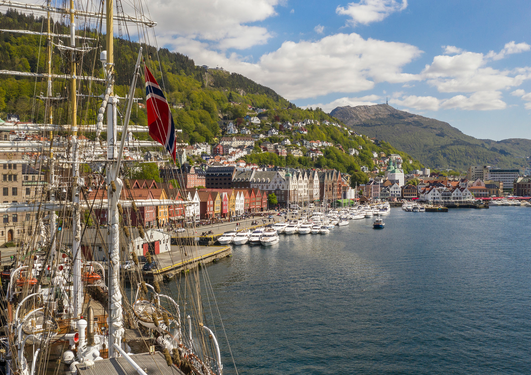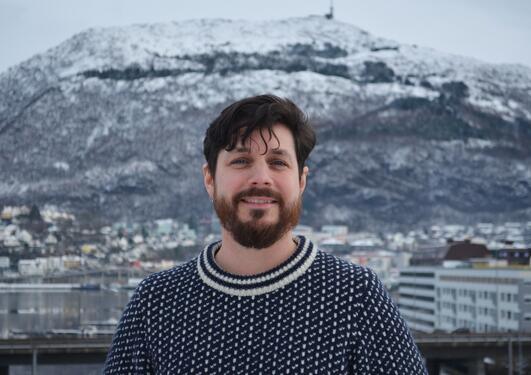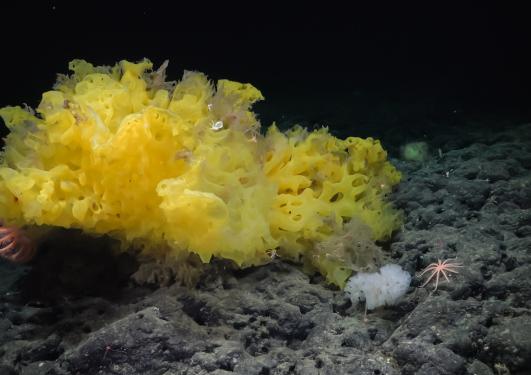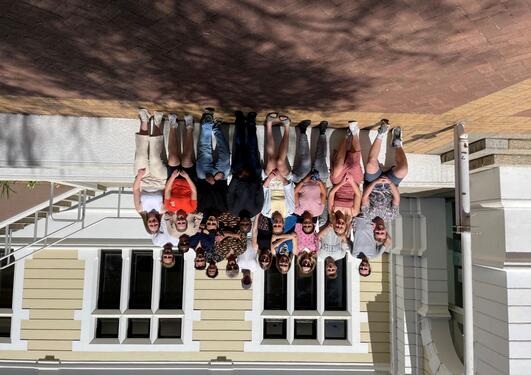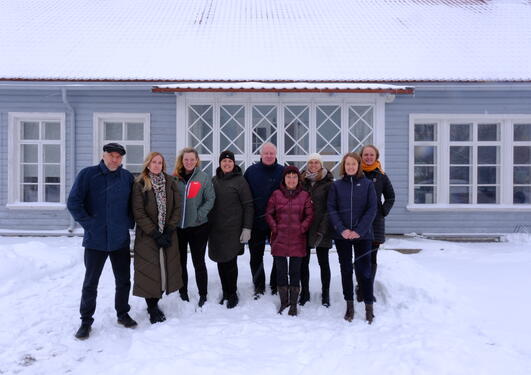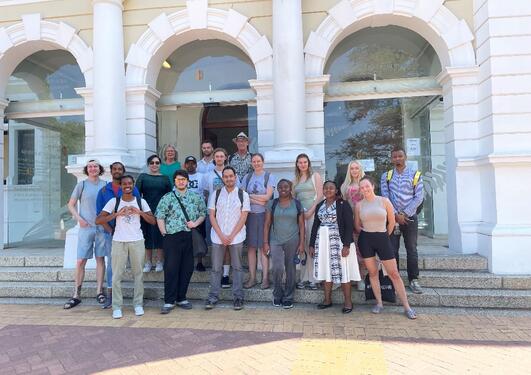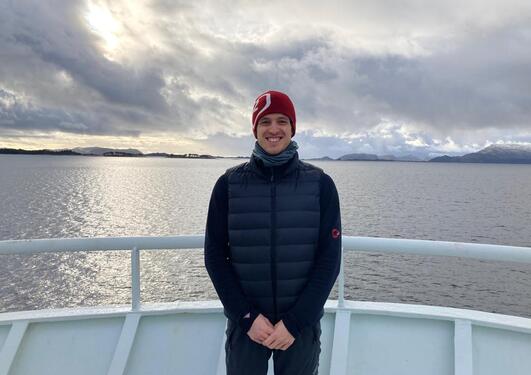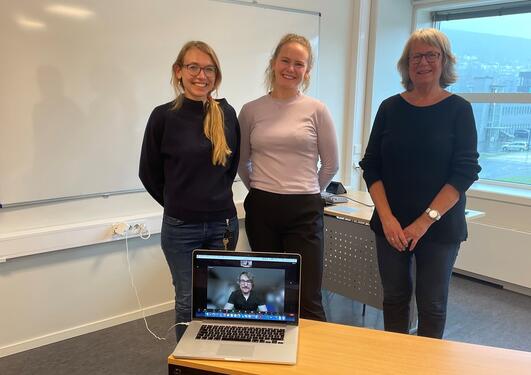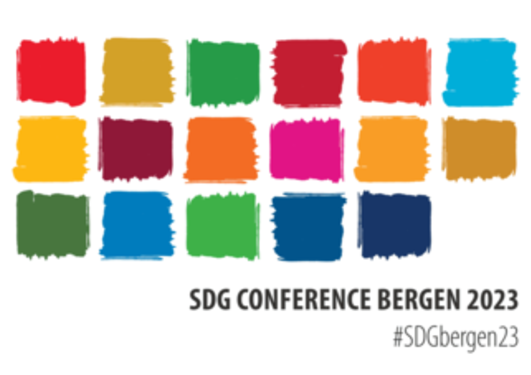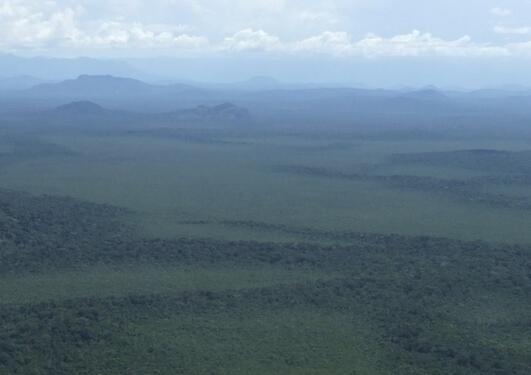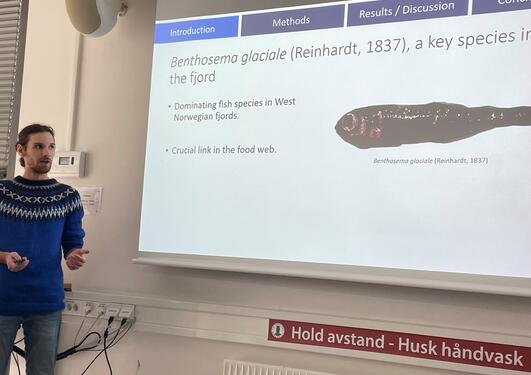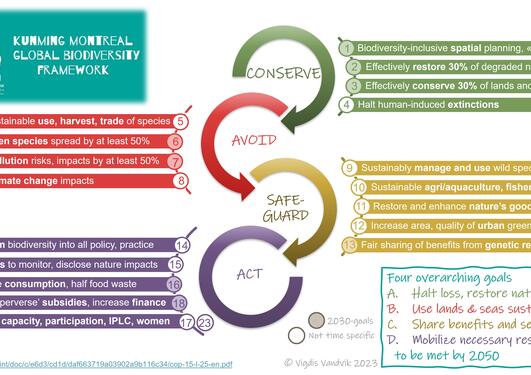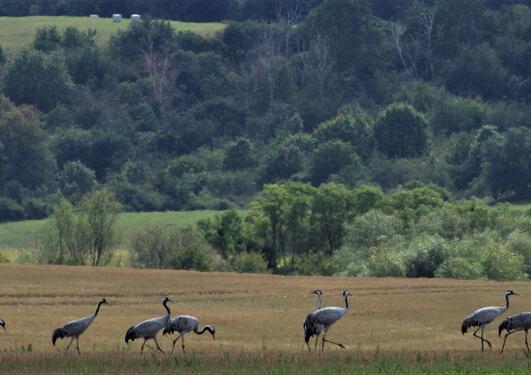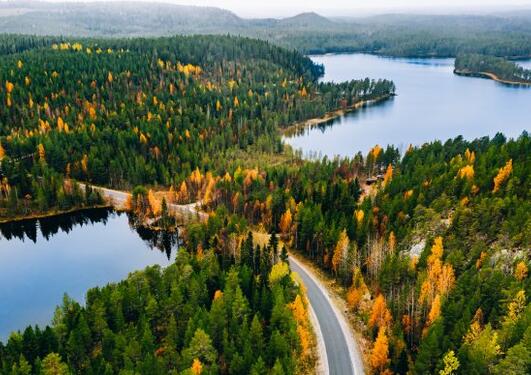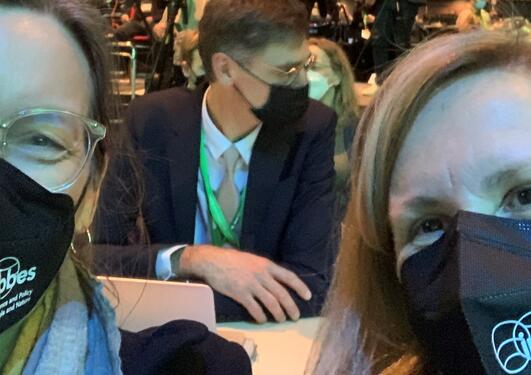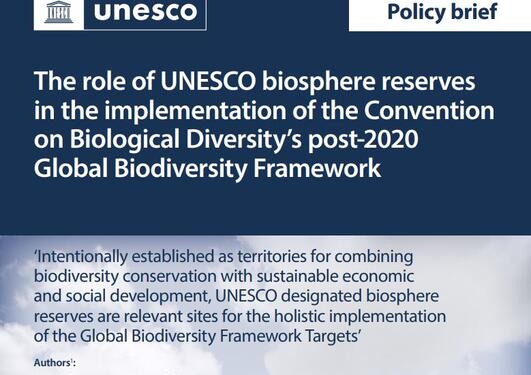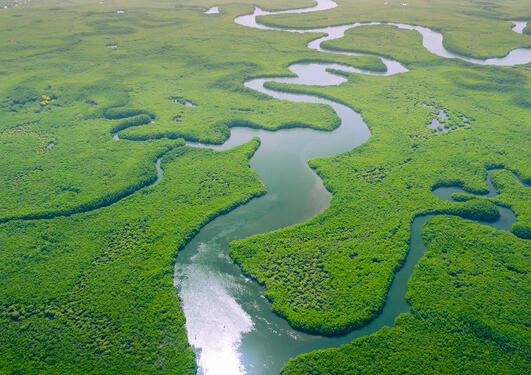News archive for Department of Biological Sciences (BIO)
The Norwegian World Heritage Forum 2023 is being held in Bergen on May 3-5. In connection to this, UNESCO Chair Inger Måren was recently interviewed about her work with Biosphere Reserves. Dr. Måren will also be giving a talk on her experiences with research in, with and for UNESCO Biosphere Reserves at the World Forum on May 5.
PhD candidate Jarrod Cusens, connected to the UNESCO Chair and CESAM, is defending his thesis "Mapping the Connections" on Monday April 24.
Seabed Mining and Biodiversity Conservation in the Deep Sea: Where Science meets Policy (30.03.2023)
Deep seabed mining is coming closer to a reality, presumably motivated by the need for rare metals. In this lecture Lisa A. Levin, from the Scripps Institution of Oceanography, will highlight the deep-sea ecosystems being targeted for seabed mining, their biodiversity and why it matters, potential threats and management challenges.
After dedicating most of the last six months of the project to conducting interviews, the CULTIVATE project partners finally met in person, this time on the Hiiumaa island in the West Estonian Archipelago – almost exactly a year since the first in-person meeting in Trebon in March 2022.
Carl was a visiting student at the HypOnFjordFish project from the Freie University, Berlin. He has been studying the effects of hypoxia on mesopelagic crustaceans
Karen has been studying the distribution and diet of two small sharks, the velvet belly and blackmouth catshark, in west Norwegian fjords.
Join members of the UNESCO Chair Group and the Centre for Sustainable Area Management (CeSAM) for a workshop on participatory research during Day Zero, February 8th 2023.
A new review in Science reveals the quick and accumulating impacts of humans in the Amazon – and nature will likely not be able to keep up.
This new paper developed by CESAM member Suzette Flantua reveals the magnitude of the drivers of deforestation and degradation in the Amazon and lists the transformative policy actions needed to safeguard the region and consequently global climate.
Øivind has been studying the effect of the parasitic copepod Sarcotretes scopeli on its mesopelagic fish host.
In December 2022, two years after it was planned, 196 nations signed on to the historic Kunming-Montréal Global Biodiversity Framework (KM-GBF).
A new approach developed by the group of CESAM member Peter Manning uses a mixture of natural and social science methods to identify the land-use strategies that work best for the multiple stakeholder groups that use them.
Do you have a Master’s degree in Plant Ecology or similar, and are you interested in alpine ecology, climate change, alien species, and functional ecology?
The Between the Fjords research group is hiring a PhD student for 3 year to work with us in the RangeX project.
On December 19th, the Kunming-Montreal Global Biodiversity Framework (GBF) was adopted at the United Nations Biodiversity Conference (COP15) in Montreal. A landmark deal for conservation and management of nature and protection of biodiversity worldwide, this framework sets ambitious goals for how humanity should move forward to achieve the Convention of Biodiversity’s Vision “Living in Harmony... Read more
As the negotiations in Montreal draw to a close, headlines are announcing the big Targets agreed to by nearly 200 countries pledging to put a stop to biodiversity loss.
A new Science paper shows that human-caused changes to Amazonian ecosystems are hundreds to thousands of times faster than those of natural climatic and geological processes.
Pages
- 2025
- 2024
- 2023
- 2022
- 2021
- 2020
- 2019
- 2018
- 2017
- 2016
- 2015
- 2014
- 2013
- 2012
- 2011
- 2010
- 2009
